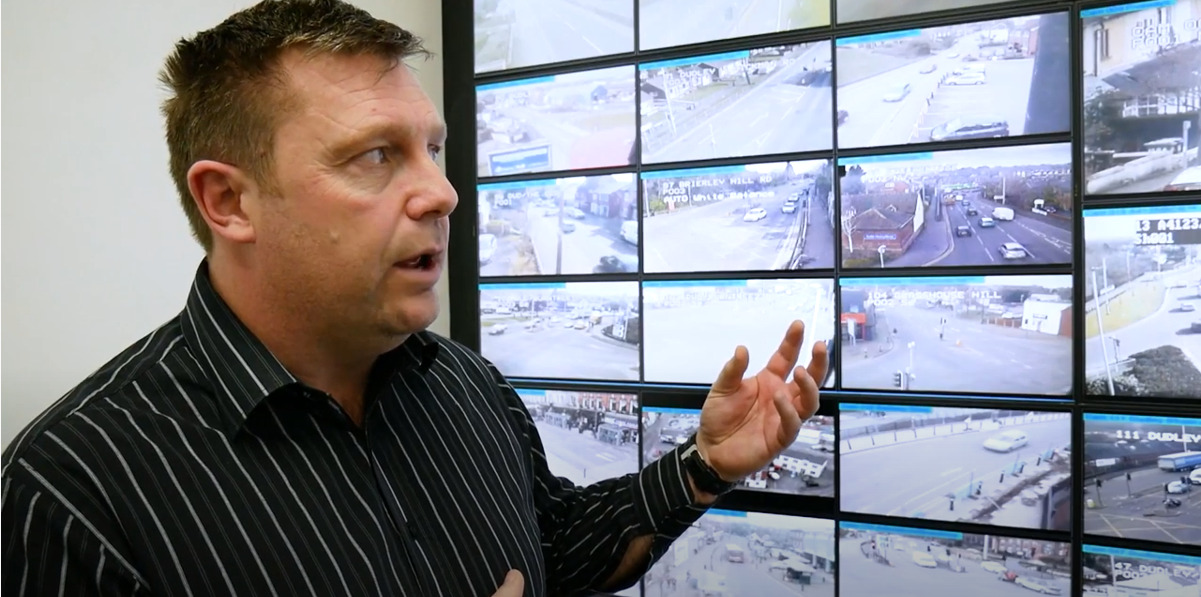
Photo: John Charles
Predictive analytics help Wolverhampton to manage pollution
13 May 2020
by Sarah Wray
The UK city of Wolverhampton is piloting artificial intelligence (AI) to predict when and where pollution levels could become too high in order to take action to prevent such levels arising.
Monitoring traffic and air quality trends isn’t new but the trial on Wolverhampton’s central Ring Road will use real-time data to forecast pollution levels to the next hour to support informed ‘micro-adjustments’.
These could include holding traffic at signals for longer, diverting cars or encouraging drivers to use park-and-ride facilities by promoting faster journeys.
The solution from Now Wireless uses data on journey times, pollution and vehicle counts from Bluetooth readers and sensors, which have been installed as part of a wider strategy in Wolverhampton to manage air quality and congestion in a more predictive way.
Phased approach
Several cities across the world are now starting to implement no-traffic zones but John Charles, Team Leader, Urban Traffic Control, Wolverhampton City Council, told Cities Today that such action could be “a step too far” for a relatively small city such as his at the moment, but this AI trial could represent a phased step towards it.
“One thing that we’ve learned during the COVID-19 experience is that small incremental changes can often have a big impact,” he said. “If we do things in many steps, it’s easy to carry forward but it’s also easy to come back if it’s not quite right”.
He said such an approach also helps to gain political and public support.
Initially, drivers will receive information such as wait times and diversions via digital signage but “we’re looking in the future to develop apps and in-car information systems to supplement that,” Charles said. Additional sensors and locations could also help ensure pollution isn’t simply moved elsewhere.
Wolverhampton is now trialling signal timings while Now Wireless collects data to further train its AI algorithm. The pilot will get underway in earnest once traffic patterns begin to stabilise amid coronavirus (COVID-19) disruption.
“Once this [system] is proven in real-time, we’ll be rolling it out on trial in as many places as possible,” said Brian Jackson, CEO, Now Wireless, which supplies products and services to 42 towns and cities in the UK.












